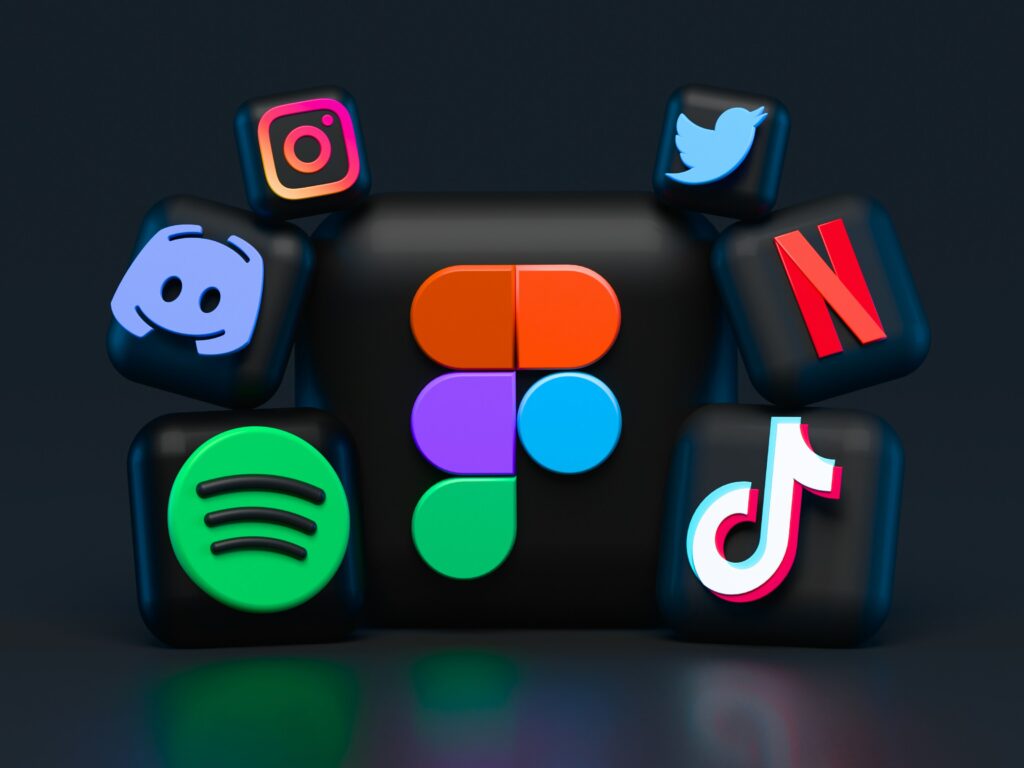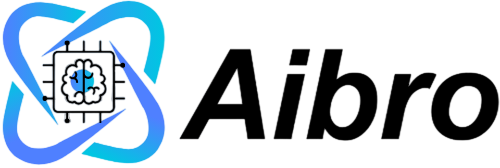Social media is one of the defining phenomena of our time. Although browsing through selfies and search feeds might not seem like such a big deal, for some, platforms like Facebook or Instagram are a way to get a six-and-higher-figure-salary.
If you are not working every time you open your Facebook and Instagram, does this mean social media has no impact whatsoever on your working style? In this post, we will look at how these platforms influence our productivity – spoiler alert, it isn’t always good. Other than that, you will find out how to contain your inner social media addict and make sure you don’t mix business and pleasure.
Best AI Tools for Productivity. ( Double your Productivity with AI Tools) Fast, simple and easy way to achieve Growth.
How Much Of a Deal Social Media Is?
To answer this question, Le Bureau once conducted a survey among office workers. All the respondents had to estimate how much productive time they spend on Facebook or Instagram.
The answer was nothing out of the ordinary – 37 minutes a day. However, when combined, the numbers grew to over 3 hours a week and over 12 hours a month. Thus, we lose approximately a full-time day of work lurking on social media every month.
Things wouldn’t be so bad if our social media obsession only got out of hand at lunch. However, this is not the case for 40% of respondents in a survey conducted by Sprout Social. They acknowledged that checking social media is a habit they are guilty of throughout the entire day.

Why Do We Scroll Social Media Instead of Working?
Procrastination at work is a common problem – whenever we have a task that’s too overwhelming, difficult, or boring, the desire to put it off gets the better of us. The question is – why, out of all ways of procrastination possible, we choose social media as the chief workplace productivity killer?
Let’s take a look at these 5 convincing reasons behind cheat social media lurking:
1. We believe it doesn’t take too much time
Reading an ebook at work could be another go-to way of workplace distraction – yet, it’s not on the radar as much as obsessive social media checking. The reason behind this is that focusing on a book takes considerably more time than scrolling through the Facebook feed.
Most procrastination sessions start as a short break in between tasks. Thanks to Youtube algorithms or a never-ending reel of Facebook and Instagram updates, “Just a few minutes” can turn into half an hour – however, a lot of people still believe they would be able to stop browsing social media after a short while.
2. We are pressured into being online
Wouldn’t it be nice to be able to close all the tabs in the browser window and focus on the tasks at hand? Unfortunately, few people can allow themselves such a luxury – a lot of us are expected to keep a Facebook Messenger, Telegram, or another social media tab open to stay in touch with people at work.
Being constantly in your reach, a social media channel becomes easier and more tempting to access. However, coming social media clean is likely to do your career more harm than good – that’s why it’s so hard to find an in-between for texting addiction and sporadic, unreliable online communication.
3. We are bored
A lot of people use social media to generate background noise. We find having a Youtube video in the background extremely helpful, as otherwise, we couldn’t concentrate on a task start-to-finish.
Unfortunately, choosing a podcast or a playlist for work doesn’t end there. Reading the comments, clicking on suggested content, and forwarding hilarious posts to friends will likely keep you away from work.
4. Social media releases dopamine
You might’ve heard a lot about dopamine – a hormone in charge of pleasure. Typically, sex, drinking, or drugs are listed as the most common events to trigger a dopamine release. However, recently, scientists realized that social media is not better.
For instance, the pleasure pull when scrolling through Twitter is equivalent to that of a drinker getting his hands on a bottle of whiskey.
One of the reasons why social media is this addictive is that we fear missing out in case we stay out of the loop for too long. According to a survey on social media addiction, 56% of respondents are scared to miss an important update if they don’t check the most popular platforms frequently.
How Bad Could This Be – Effects of Social Media On the Brain
Social media addiction is not news to me – you might say – but comparing it to other addictions – isn’t it a little too much? If you think that all the talk about the distractive effects of social media on our intelligence and productivity is hype-seeking, these statistics might make you change your mind:
- Studies show that heavy use of social media can make it harder for you to switch between tasks.
- Using social media before bed can lead to poor sleep, which can affect your productivity at work. Doctors suggest turning off all devices after 9 PM to help with sleep.
- Social media can influence us to follow popular opinions instead of thinking for ourselves or considering other viewpoints.
- Overuse of social media can also affect our mental health. For example, some people feel their phone vibrating when it’s not, a sign of being overly alert and anxious. This can distract you from focusing on your work.
How to Fight Social Media Workplace Addiction?
The good news is, if you are struggling with social media addiction at work, there’s always a way out of the loophole. Here are the most popular and effective ways to get rid of the habit of feed scrolling once and for all.
1. Define the “why” and change your response
To overcome social media addiction, first understand why you use it so much. Maybe you go online when you’re stressed, confused, or lonely. Once you know what triggers you, try a different response. Instead of going online, you could stretch for 5 minutes, sit quietly, or take a short walk. These activities are healthier and less addictive than social media.
2. Find something (or someone) to hold you accountable
Creating a support system is an efficient way to fight any bad habit – social media craving included. If you don’t have a friend to keep you off Instagram, download an accountability app. Here are some examples you can consider:
3. Reward yourself for “clean” days
If you miss the good feeling you get from using social media, try to find another positive activity. Giving yourself a small treat every day can help you manage without social media. For example, for every hour you don’t use social media, take a 10-minute break to do something you enjoy.
Conclusion
While being a huge helping hand for society, social media can become a curse as well if you don’t know how to use it wisely. The good news is, thanks to accountability apps, and intelligent conversation bots, you will become more mindful of how much time you spend on Facebook, Instagram, or other platforms.
